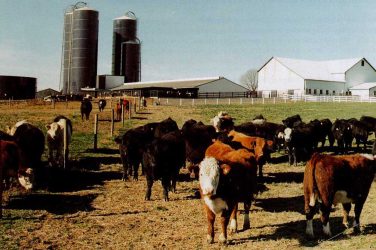Emails are dangerous for the environment. It isn’t intended as a problem of waste of paper once printed, but precisely in their use.
The study, commissioned by OVO Energy, England’s leading energy supply company, found that one less email a day would cut 16,433 tons of carbon caused by the high-energy servers used to send the online messages.
In short, sending email has such a high carbon footprint that just cutting out a single email a could be the equivalent of 81,152 flights to Madrid or taking 3,334 diesel cars off the road or removing thousands of cars from the street.
The research revealed that 71% of the British wouldn’t mind not receiving a “thank you” email if they knew that it could help the fight against the climate crisis, and also the 87% would reduce their email traffic to help support the same cause. But data show that more than 64 million “unnecessary emails” are sent every day in the UK, contributing to 23,475 tons of carbon a year to its footprint.
Mike Berners-Lee, professor at Lancaster University in Lancashire, said: «Whilst the carbon footprint of an email isn’t huge, it’s a great illustration of the broader principle that cutting the waste out of our lives is good for our wellbeing and good for the environment. Every time we take a small step towards changing our behavior, be that sending fewer emails or carrying a reusable coffee cup, we need to treat it as a reminder to ourselves and others that we care even more about the really big carbon decisions».
The researcher is now calling for tech-savvy folks to “think before you thank” in order to save more than 16,433 tons of carbon per year.
The top 10 most “unnecessary” emails include: “Thank you” “Thanks” “Have a good weekend” “Received” “Appreciated” “Have a good evening” “Did you get/see this” “Cheers,” “You too” and “LOL”.









Show Comments